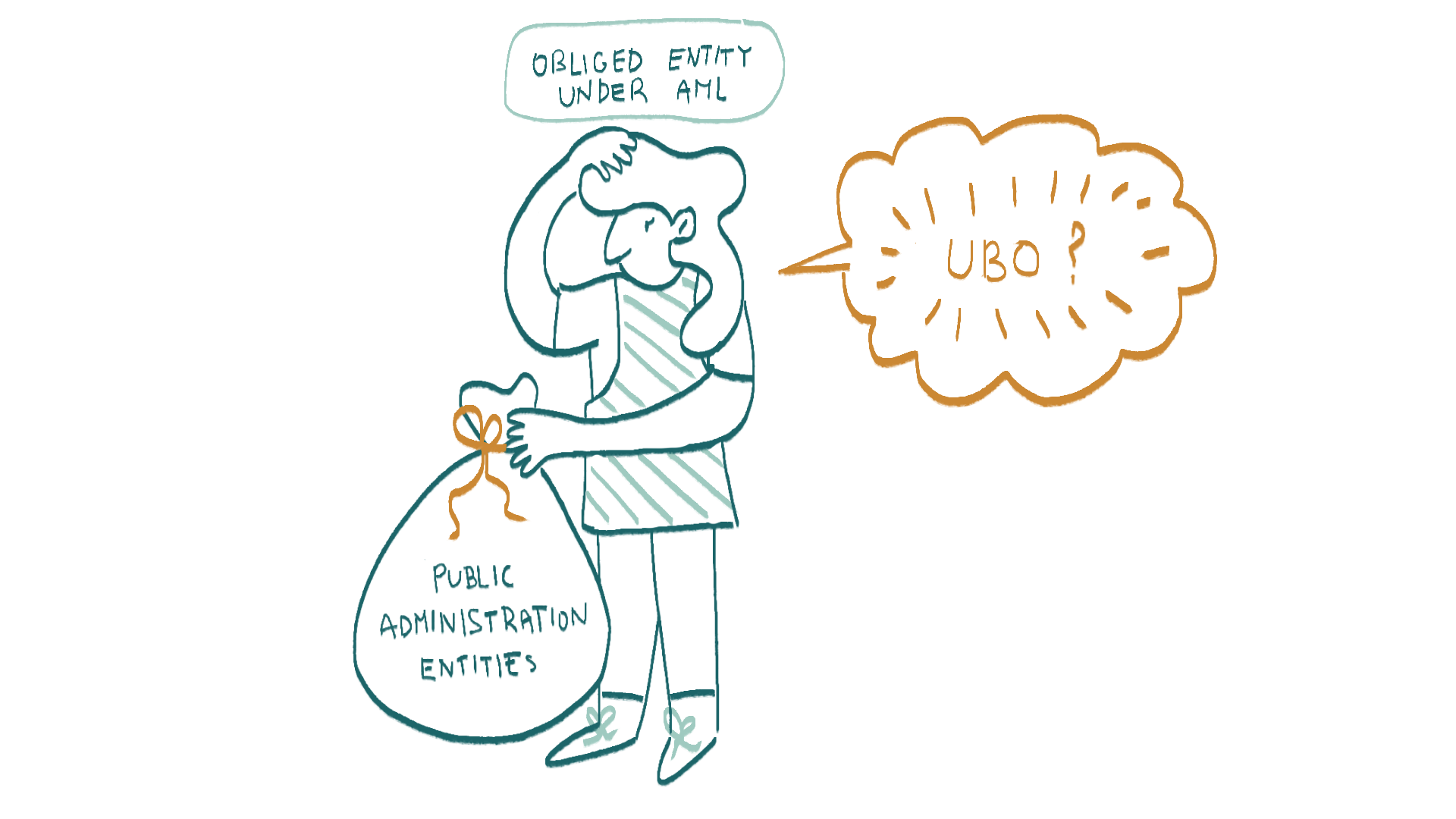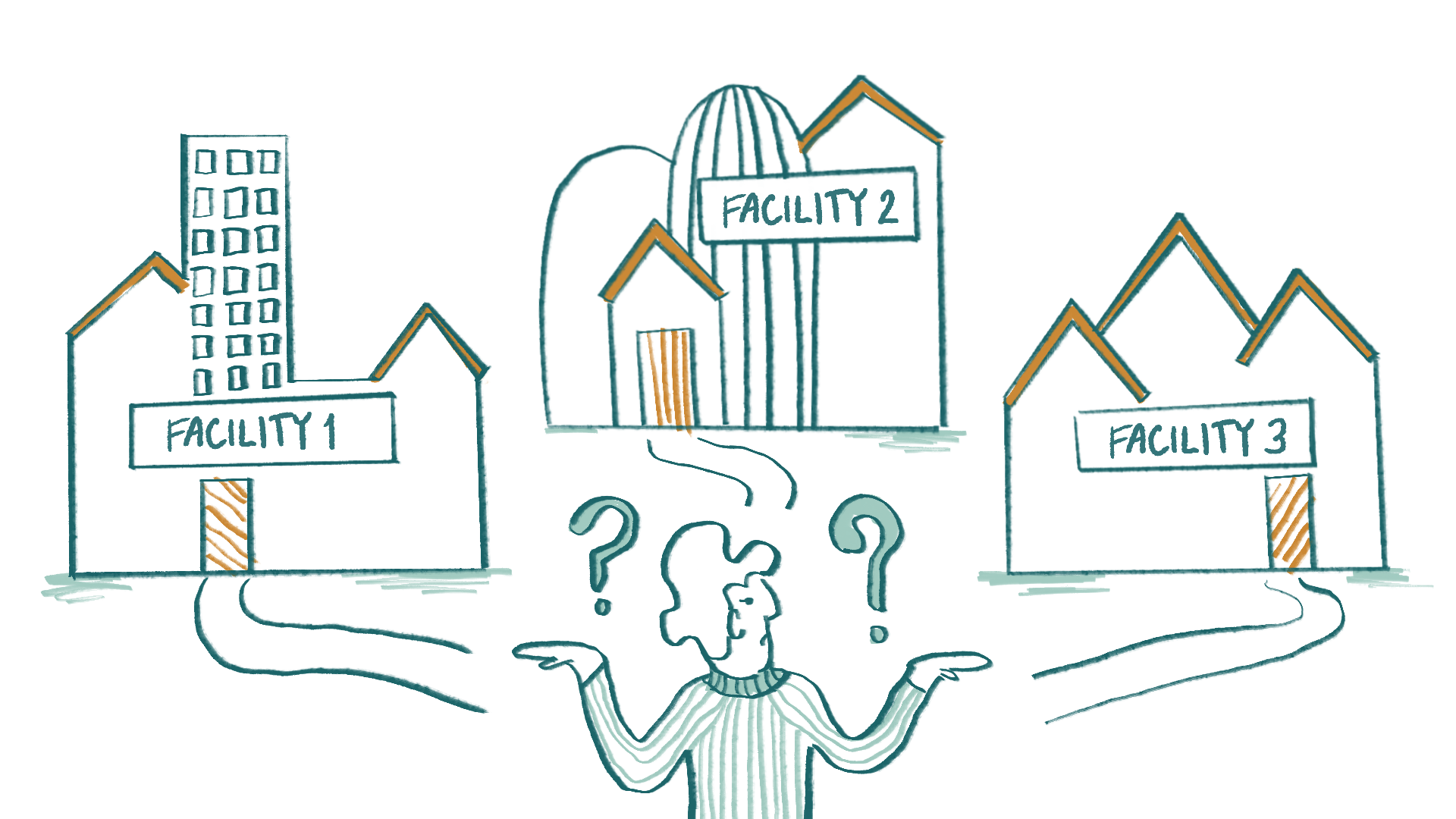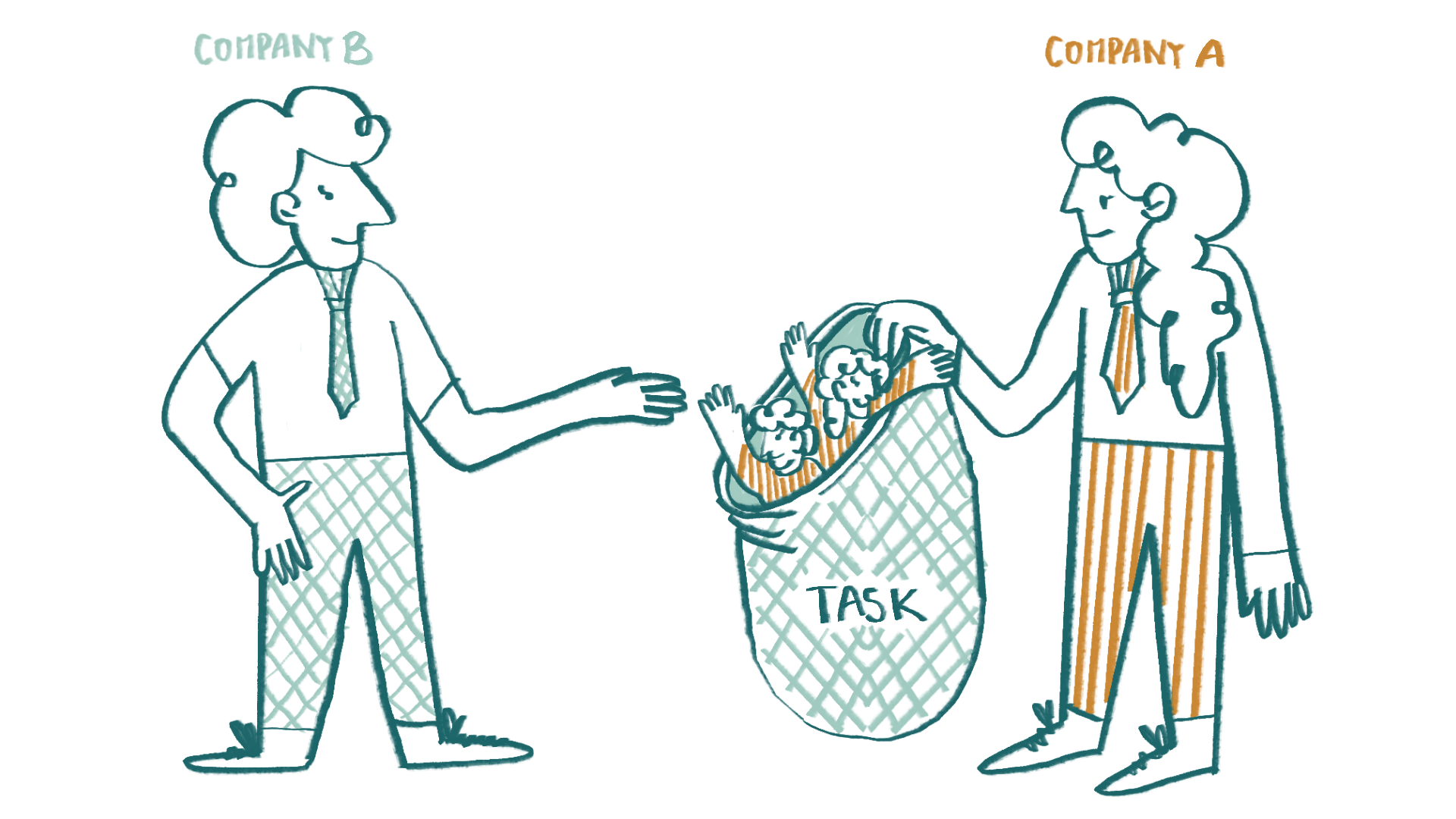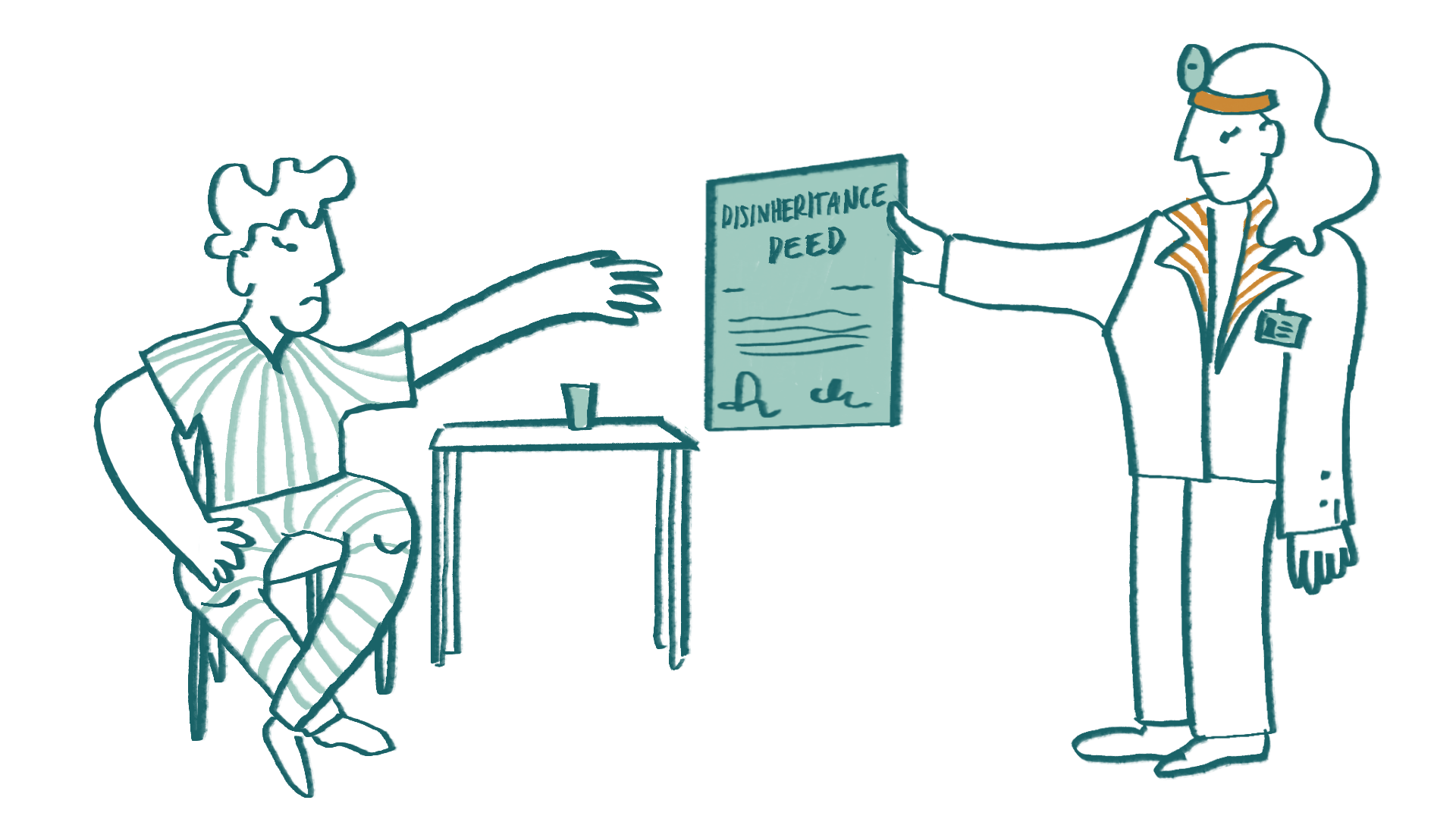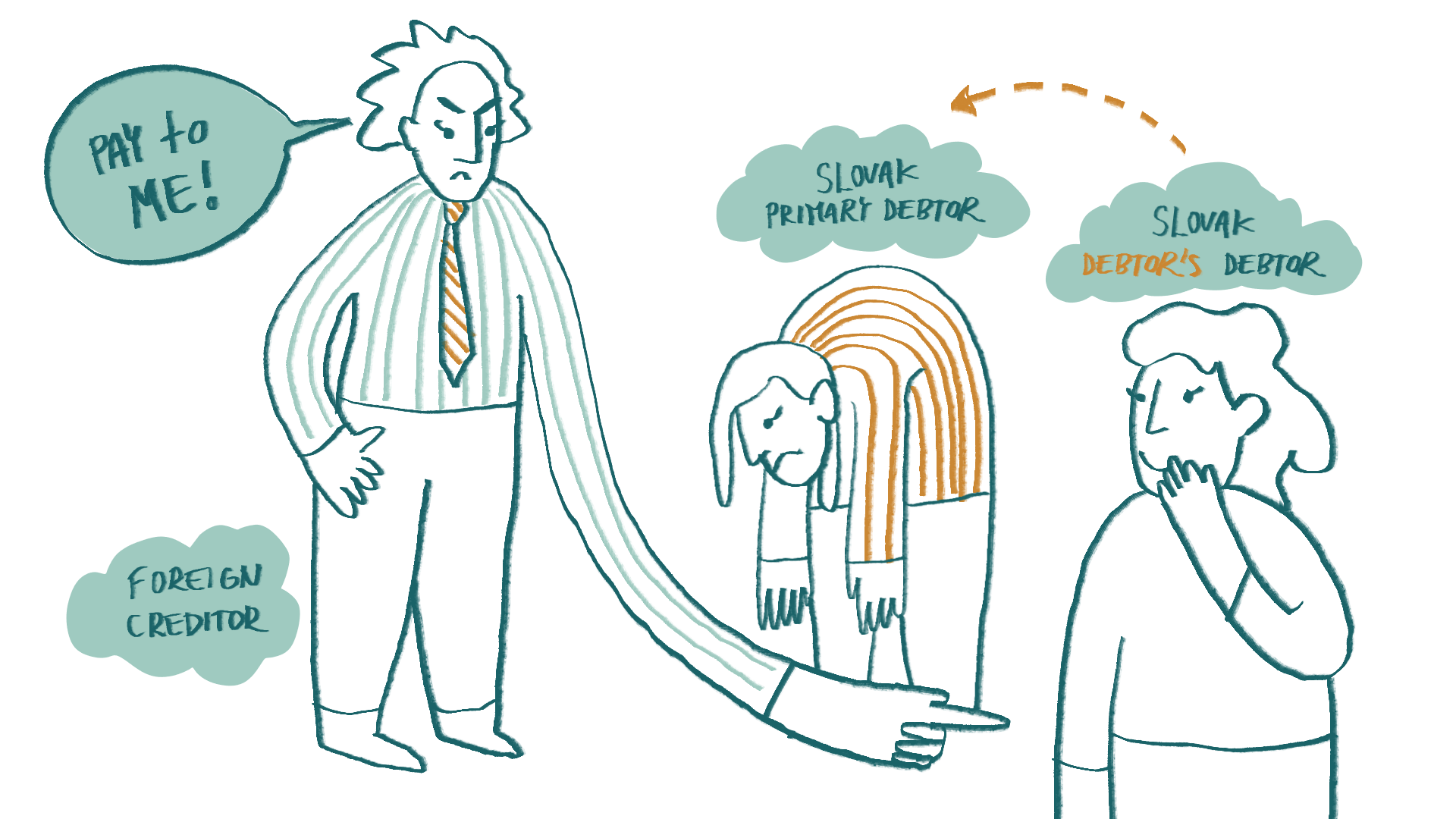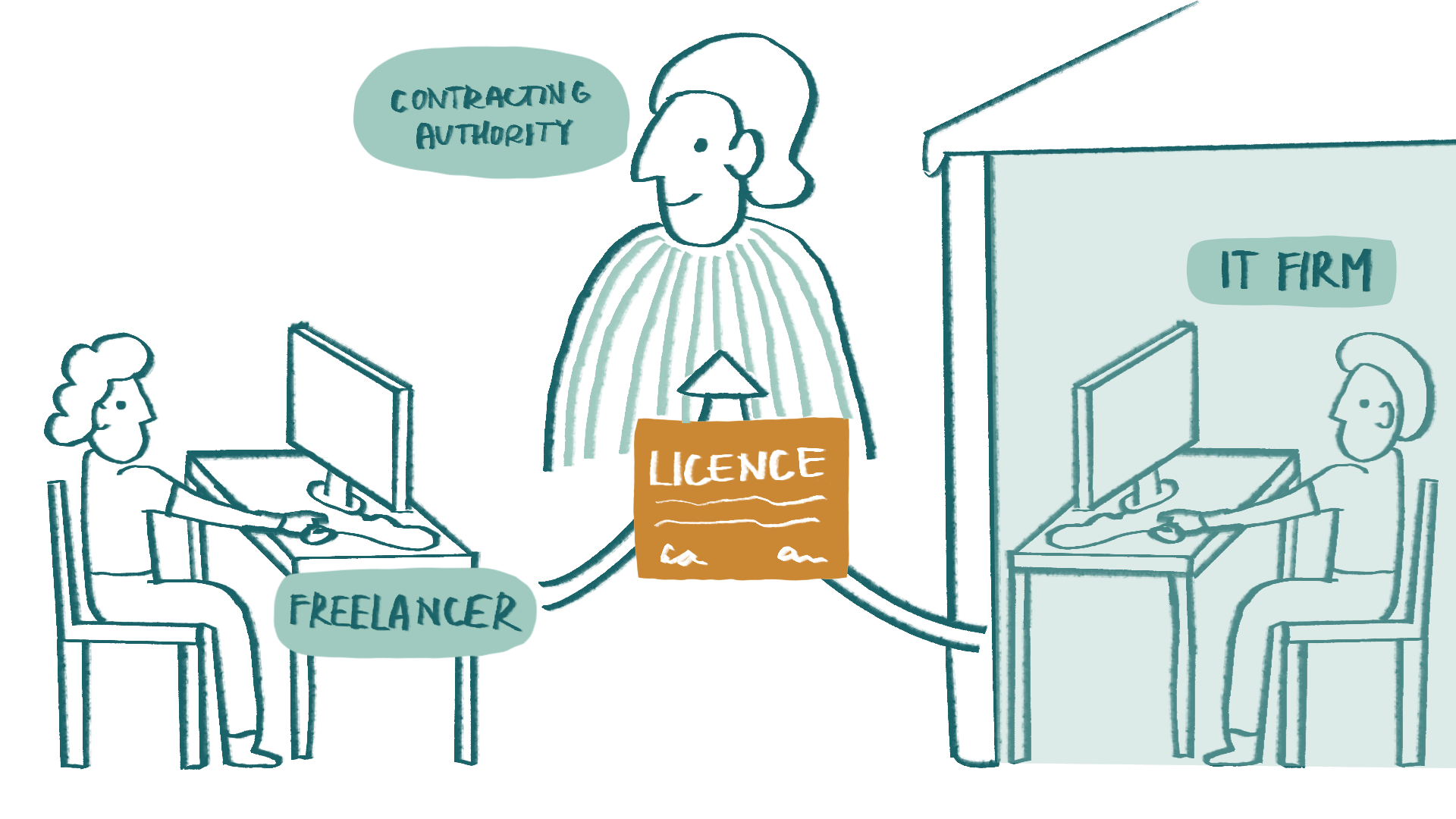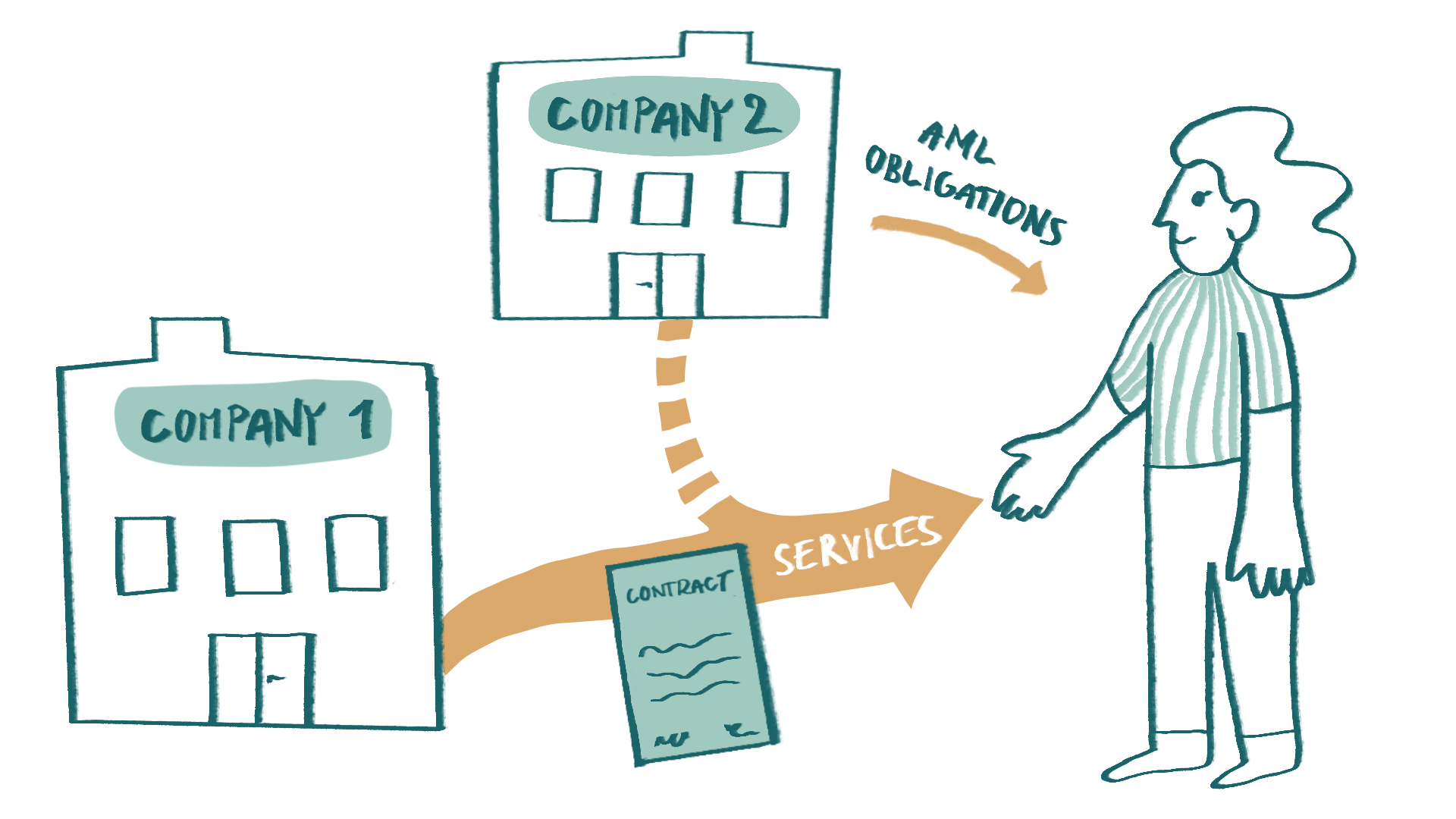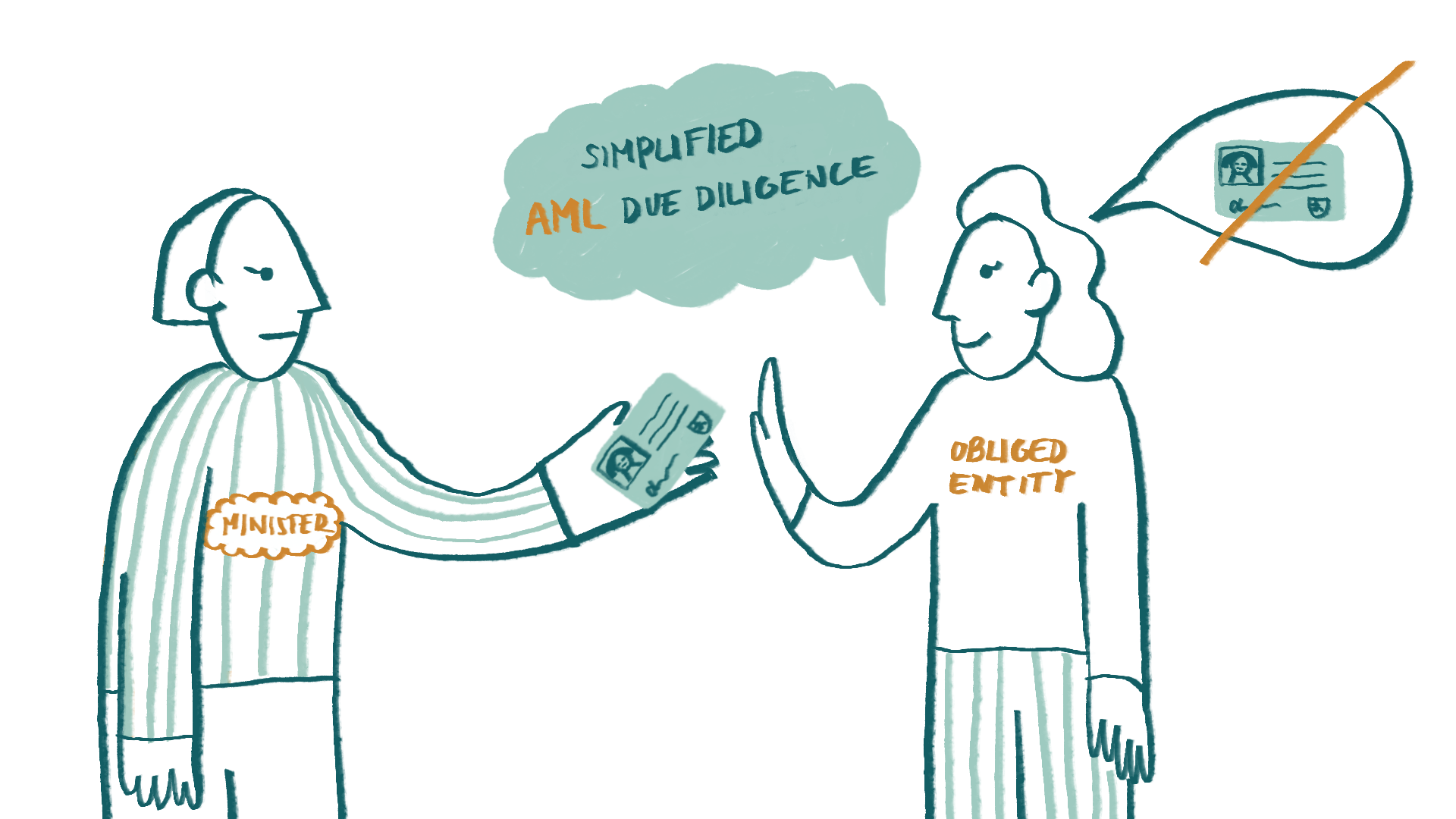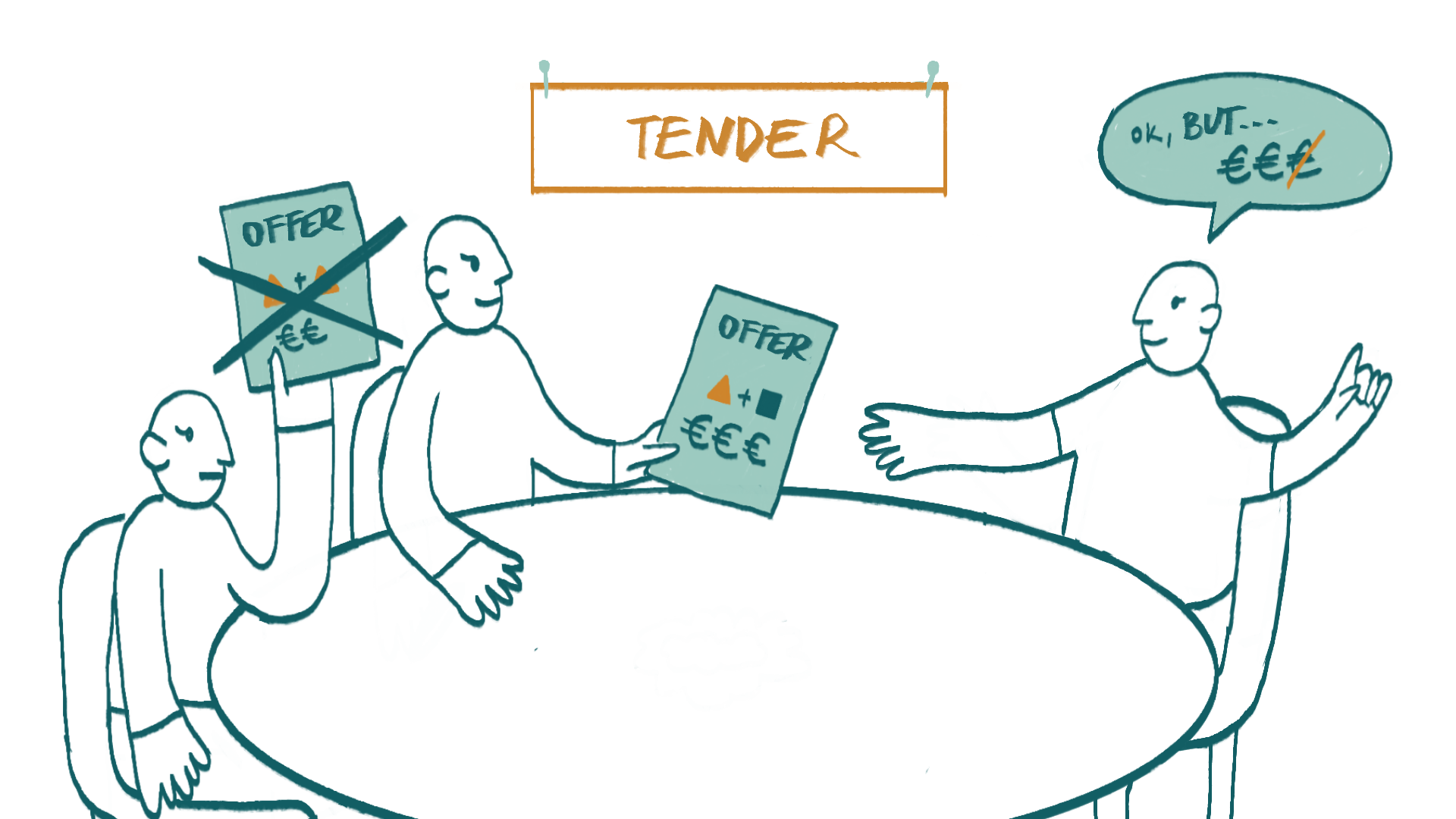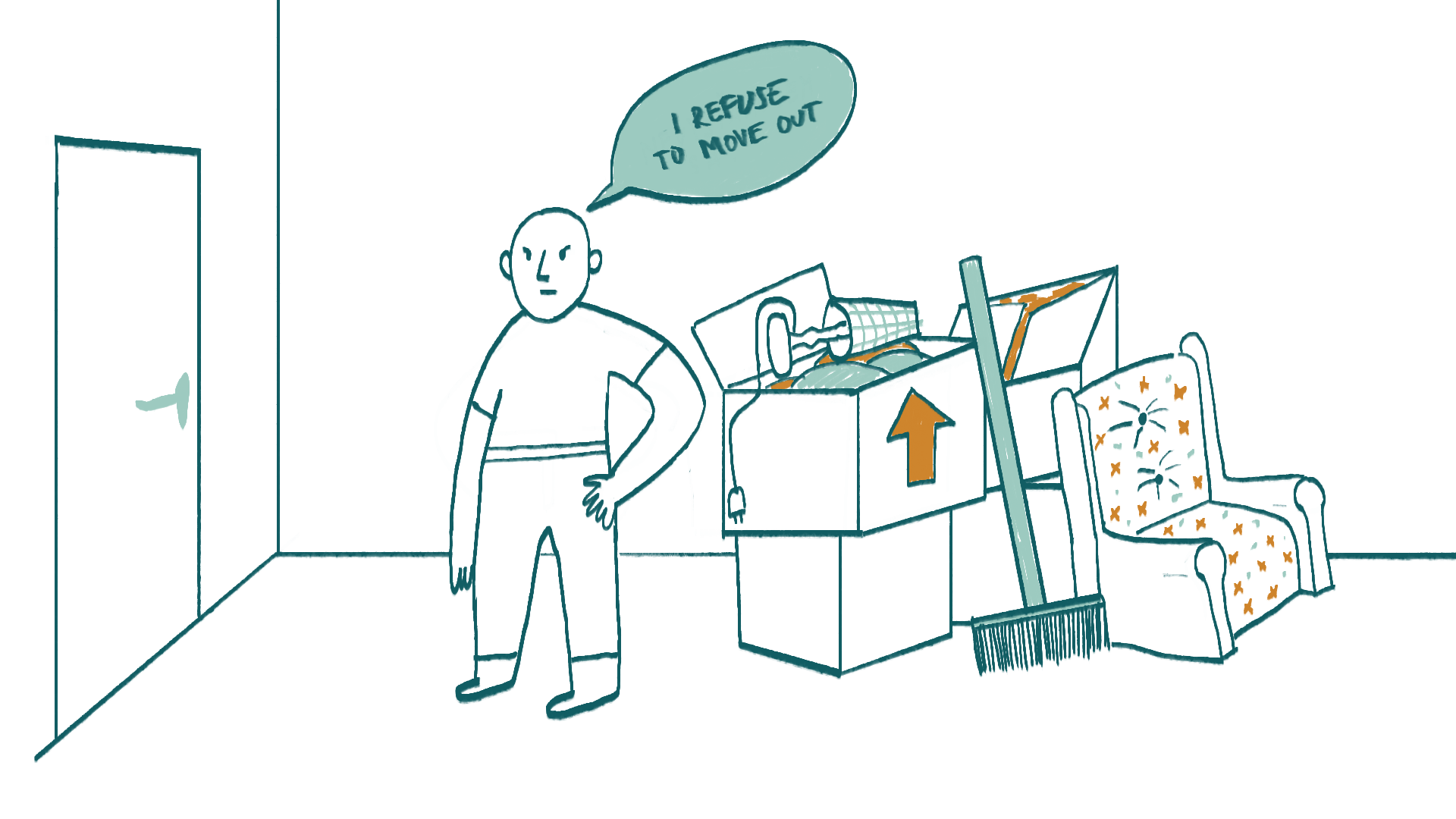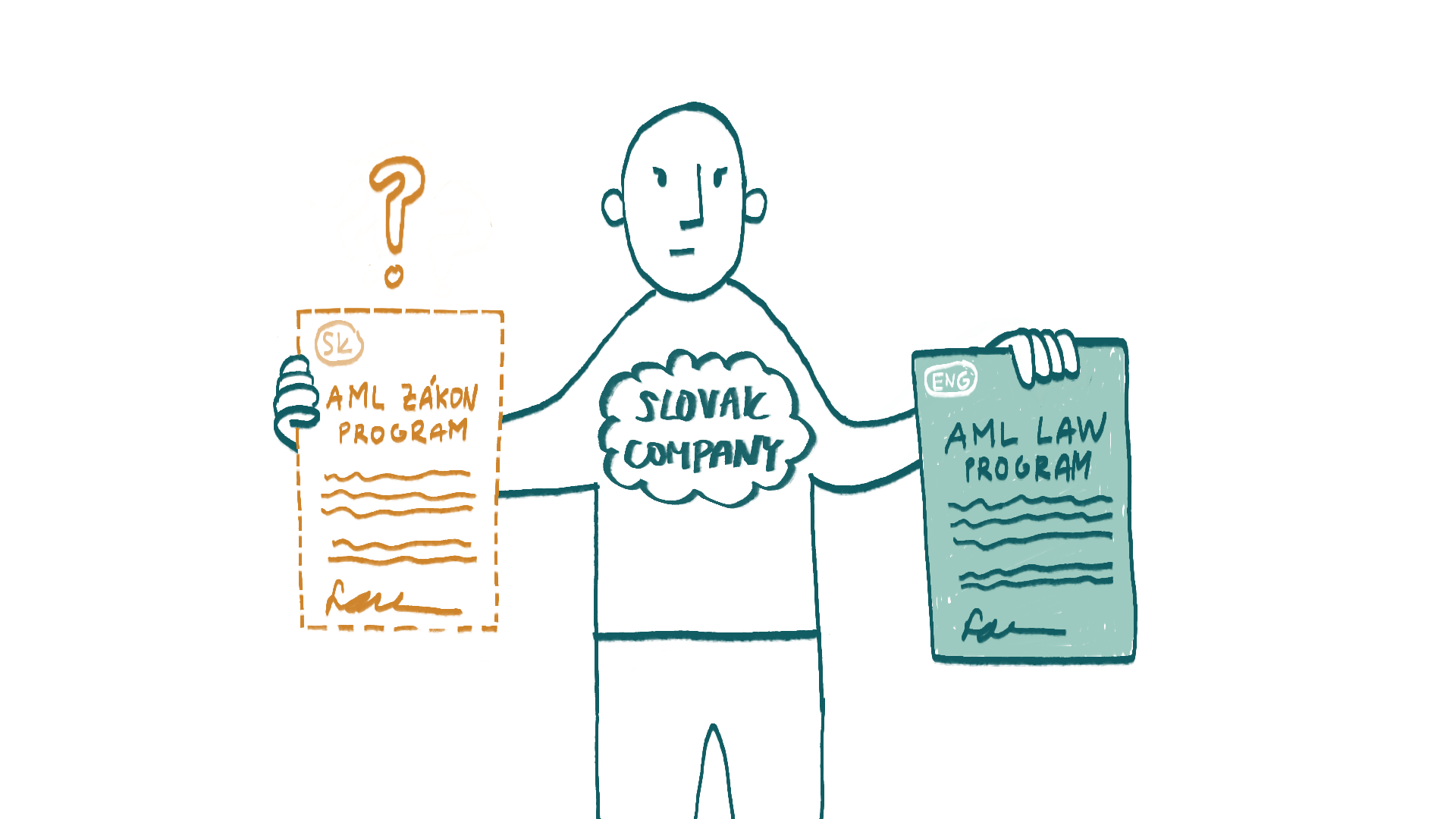We are an American company operating in the air transport sector. We have signed a lease agreement that allows us to operate an aircraft with a Slovak air carrier. The lease agreement includes a provision where, with our consent, the Slovak operator may remove the engines from the leased aircraft and install them in an aircraft owned by a third party. However, the operator must contractually ensure, even with our consent, that our ownership rights to the removed engines are preserved. This means preventing the third party from claiming ownership of our engines installed in their aircraft. However, we understand that under Slovak law, the engines could be considered part of the aircraft and subject to the aircraft’s ownership regime. Moreover, by installing the engines in another aircraft in Slovakia, the third party could potentially acquire ownership of these engines by processing them. Is there really such a risk? Would a contract where the third party expressly states that they do not own the engines, do not consider the engines part of the aircraft, and that their installation does not constitute processing into a new item protect us from such a risk?
According to Section 120, subsection 1 of the Slovak Civil Code, an item includes everything that is a natural part of it and cannot be separated from it without devaluation. However, from our point of view, an item can only be part of something that belongs to the owner of the item. Your aircraft’s engines are part of it, but these engines belong to you.
If something that belongs to someone else were to become part of a certain item, it could only happen through processing, as you mentioned in your question.
Processing is regulated by Section 135b of the Slovak Civil Code. According to this provision, if someone in good faith processes another person’s property into a new item, the owner of the new item is the one whose contribution is greater. However, this good-faith processor must compensate the other owner for any reduction in the value of their property. Moreover, if contributions are equal and no agreement is reached, the court will decide.
In the case of an aircraft, we address the question of whether installing your engines into the airframe of another owner could constitute processing your engines into a new item—a functional aircraft—and whether this could lead to the airframe owner acquiring your engines through processing.
We don’t believe there are any circumstances under which this could be true. Primarily because good-faith installation of engines into another’s aircraft is practically excluded. The likelihood that someone would install someone else’s engines into their aircraft while reasonably believing they own them is almost nil. In other words, no one can in good faith install someone else’s engines into their aircraft.
In our opinion, you could defend against the loss of ownership of your engines by their installation into another’s aircraft, even if your engines were installed into another’s aircraft without the aircraft owner contractually confirming that they are not acquiring the engines and acknowledging that the engines remain your property.
Your defense would be based on Section 135b, subsection 2 of the Slovak Civil Code. It states that if someone processes someone else’s property, knowing it does not belong to them, the owner can demand its return to its previous state. If returning it to its previous state is not possible or practical, the court will determine, considering all circumstances, who owns the property and what compensation is due to the owner or processor if they cannot agree.
Simply put, under Slovak law, there should not be a situation where your engines could be considered part of an aircraft owned by a third party, and if the third party claims that this has happened, Slovak courts should rule against such a claim.
Furthermore, if the third party signed a contract or declaration confirming your rights as the owner of the engines, it would completely eliminate any good faith by the third party to claim that they acquired your engines through processing.



